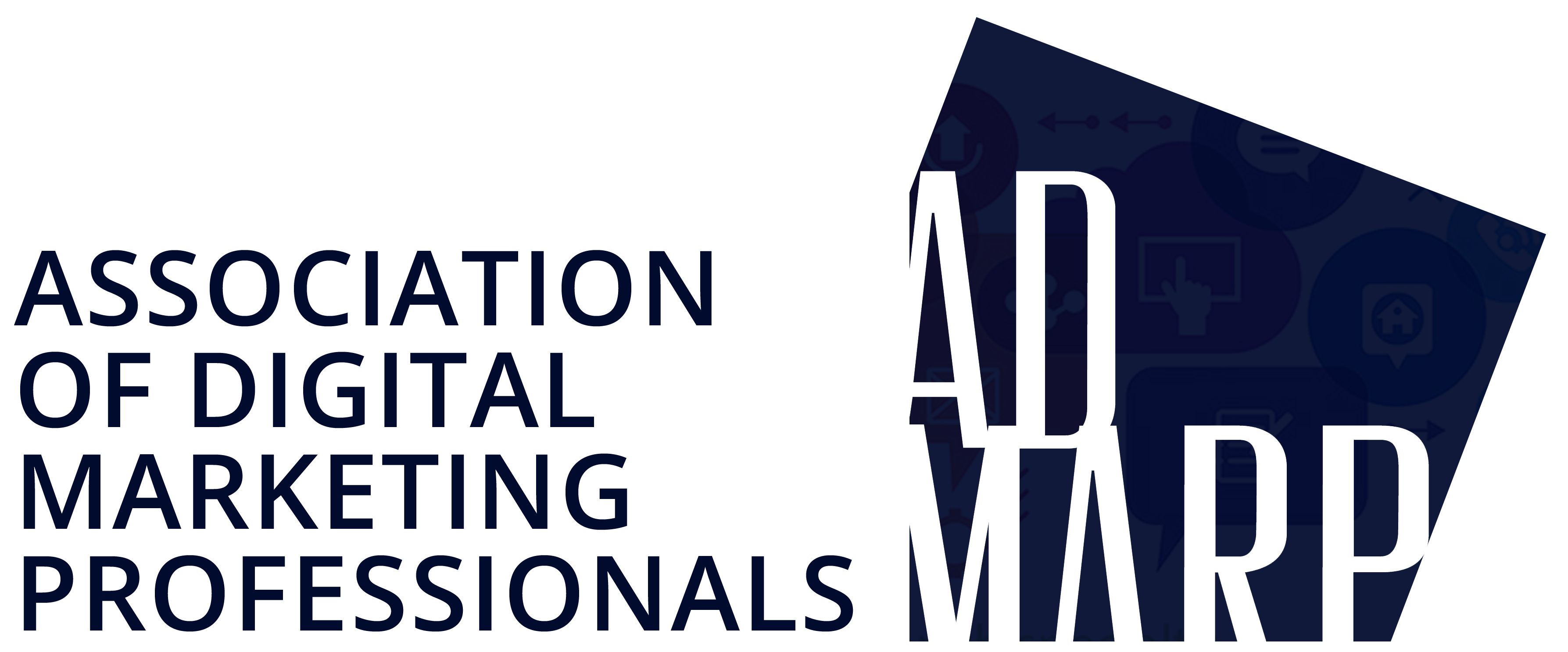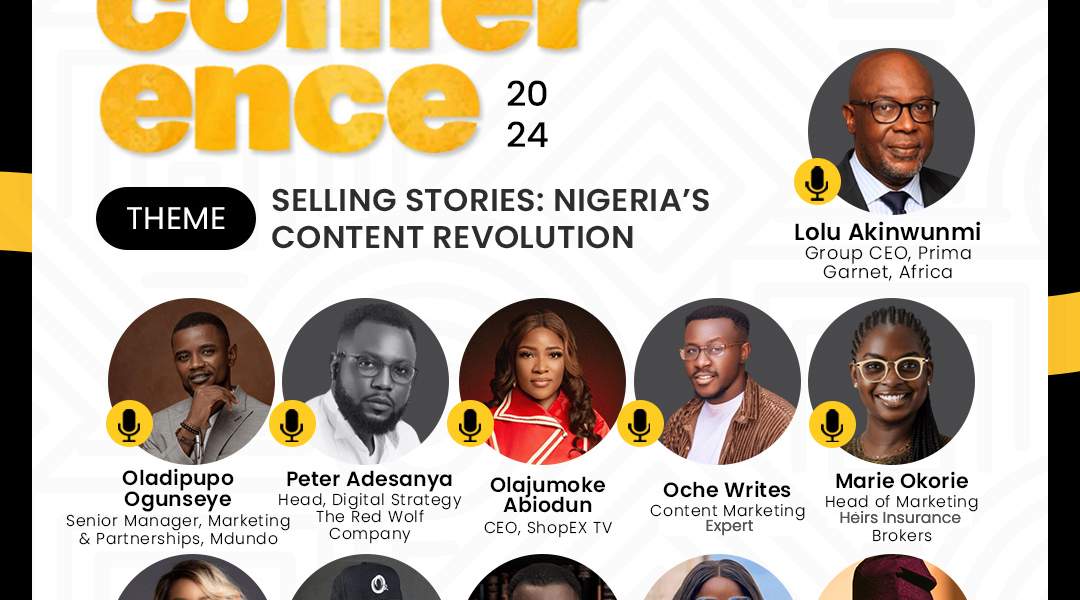A survey of 8032 marketers across the globe carried out by ad agency, NP Digital revealed a whopping 42% of marketers would decrease their organic media budget in 2023 due to organic reach continually declining and organic social media not providing as high of an ROI as it used to.
Over the years, marketers have come to continuously leverage organic marketing to maintain their online presence, build their brands and retain a community of loyal customers.
However, as this approach continues to shrink across the board, the continued reliance on organic marketing in a world full of potential customers has been brought to the fore for questioning.
Is there a budget for organic marketing? If it’s organic shouldn’t that be free?
Unlike paid marketing, organic marketing does not cost money; you don’t need to use paid ads to engage your audience.
Meanwhile, It’s not completely free.
To increase your online presence and maintain audience engagement, you have to be consistent in the creation of organic content with a high amount of relevant keywords. Additionally, as you attract more visitors and organic audience to your site, you’ll end up retargeting them with paid ads.
In this week’s edition of ADMARP Debate, we explore alternative approaches to organic marketing, and where the budget should go in 2023.
What do you want to achieve with your marketing efforts?
Above question is the first objective when it comes to planning budget allocations in 2023 according to martech expert, Stanislaus Martins.
“Do you want to increase brand awareness, drive website traffic, drive engagement, generate leads, or something else? Your goals will help determine which mix is optimal for you as every brand will be different,”Martins points.
Who are you trying to reach with your social media marketing? Knowing your audience will help you determine which platforms they use and how they prefer to consume content. Do they want more content directly from the brand or more mix of UGC and influencers collaboration?
At the end of the day, Martins believes it’s about finding the right balance between organic and paid marketing for your business.
“Continuously test and measure the effectiveness of your efforts between paid and organic . This will help you optimise your mix and make informed decisions about where to allocate your budget.”
He suggests that a combination of both approaches will typically be more effective for the brand.
Deji Akintade points out that If there is a decline in organic reach, reducing the budget will not make it any better.
“Your best bet would be to refine your content strategy and explore other media formats. Organic and paid marketing should also complement each other and work together to maximise marketing efforts,” Akintade advised.
“Putting a fat, juicy worm on a hook is one thing, but placing the hook in water where there are fish is another. While paid reach helps to increase brand awareness, organic reach further connects you with your audience, which can yield long-term benefits. It is not a matter of reallocating budget to either paid or organic; both must be used strategically to reach and then sustain relationships with your target audience.”
The smart approach is for marketing budgets to go to both with a full understanding of objectives and expectations, Idu Raphael, CEO and chief creative officer of Poke Ltd revealed in his submission.
“Yes, organic reach is decreasing mostly due to the monetization strategy of the social media platforms but smart creative consultancies like Poke ltd will find creative ways to help brands maximise their reach, whether organic or paid,” he explained.
Temitope Orilua validates Idu’s viewpoint. He also thinks there is no hard and fast rule and every business should keep on doing what works for them while looking for new alternatives and genius ways to reach their customers.
“We all have a marketing mix we use and the rule of thumb is to focus on what works and figure out what doesn’t work while being clear on your objectives. For my business,I use Facebook, Instagram, SEO and email. I explore other means as well, even offline, but these two have always worked for me. Conversion has reduced on social media but what is the alternative really? On my part, I will be trying out new platforms like opera, Eskimi and the likes. Also, my team will be looking at introducing the use of bots in our various online assets to see how we can increase conversion and improve our customer service response time.”
Marketing professional, Uchechi Udeoka also agrees.
Udeoka notes that the world is seeing more consumers shop on social media and many businesses are following suit.
“To capture that demand, I’d say paid reach because the competition is set to be stiff moving forward and businesses will have to bid for consumer’s attention and share of wallet. Social media e-commerce isn’t going anywhere anytime soon as the numbers indicate an upward trend, well for North America, can’t speak globally for now.”
For Temitope Ajao, paid reach will also always surpass organic reach.
“For Instance, some of these social media platforms do not “push” promotional posts like they used to. Hence, we are left with paid reach for us to hit our campaign goals. So, yes, I’d rather increase than decrease my budget,” she noted.
“Any marketer who wants to hit and surpass their campaign goals must not decrease their budget. Decreasing your campaign budget isn’t the best approach, in my opinion. Although, indeed, marketing campaigns do not usually provide as high of an ROI as they should. However, it isn’t something we should give up on by decreasing our budget.”
As a public relations professional, Tolulope Olorundero believes that marketing activities must be people-centric with the aim of promoting products and sales, while also securing brand loyalty.
After all, why go after one when both results are achievable, she asked.
Organic search that is grounded by strategic SEO planning will deliver on both objectives consistently, compared to paid search where the focus is visibility for the sake of purchase only according to Tolulope.
“Let’s attempt a quick exercise: when you do a Google search, which do you typically click on – the result that shows as an ad, or the one that comes up organically?”
Organic search also means that we are ensuring continuous employment for context experts, especially with the new AI trend, she continued. Content written by the AI bots have been shown to be completely without emotive elements, bland and tasteless. A well-curated content for organic search requires research, understanding of customer pain points and a deliberate effort to present service offerings from the customer standpoint.
“Finally, as a small service business owner – there is only a finite number of clients I can manage per time. Organic search brings me prospective clients who are ready to engage at a frequency by business resources. Paid search attracts all kinds of prospects and businesses have to dedicate resources to figure out quality leads from frivolous engagements. Small businesses do not have that luxury of resources and are best served focusing on organic search.”
Eyitayo Ajayi thinks It makes no sense for marketers to even compare Organic Reach to Paid reach as businesses would always need to spend more to reach their prepared audience; whereas, the only currency for organic reach is how creative you can be as a marketer to get more budget from your advertiser.
“One is driven by how creative you can be with your content to generate earned media then the budget is supported to manage the conversation to sustain the reach,” Eyitayo Ajayi, dentsu International UK – Digital Platform Specialist
Meanwhile, the other form of reach depends on how much advertisers are willing to optimize platform owners to drive maximum reach.
“However, there is a meeting point, which happens when there is a compelling marketing strategy where paid reach can drive word of mouth, it can go the other way, but in most cases, advertisers do not spend a budget when they are gaining high reach from trends,” Eyitayo explained.




